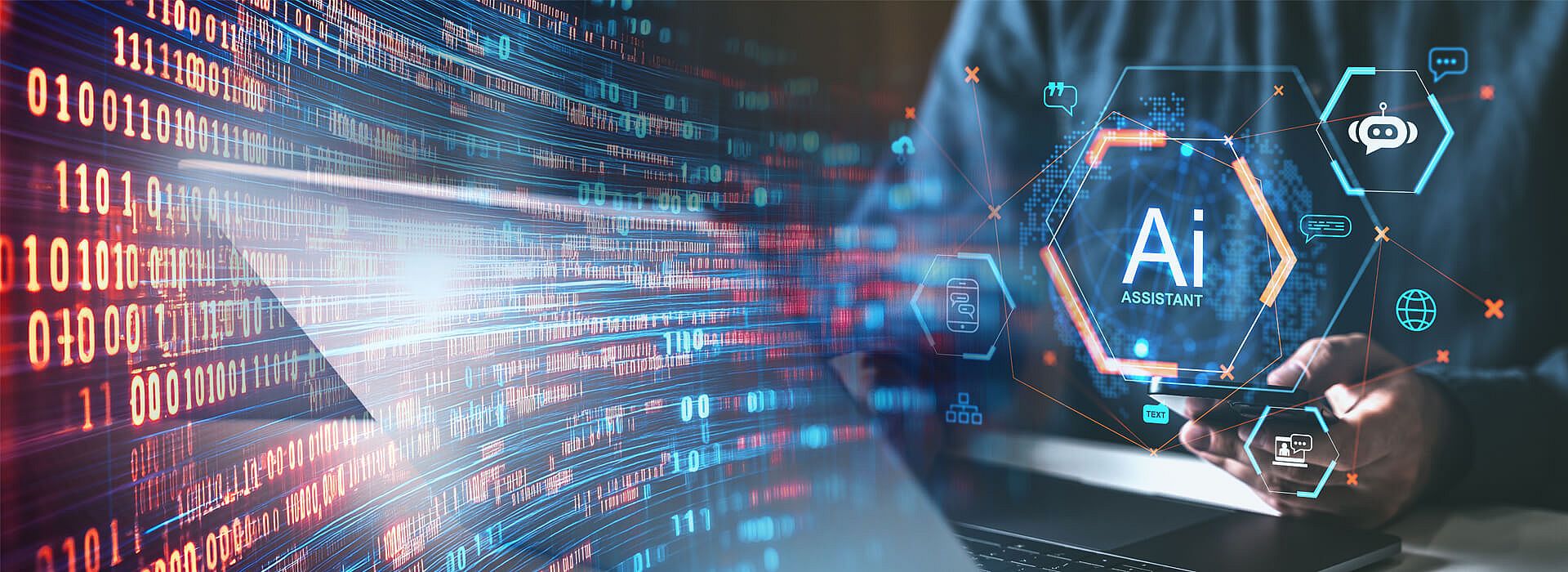
Shaping the future of software engineering
This profound shift brings new opportunities and challenges:
We believe the industry is approaching a tipping point – and the CCE is where forward-looking organizations come to anticipate and shape that future.
At the competence field Code, Co-Creation & Engineering (CCE), we are dedicated to rethinking the fundamentals of software development in an era where AI, automation, and instantaneous prototyping are reshaping what is possible. Our mission is to explore how development methods, tools, and mindsets must evolve when traditional bottlenecks like user interface design, documentation, and refactoring become near-instantaneous, and AI-assisted co-creation is the new norm.
Agile revolutionized development by emphasizing iterations, feedback, and working software. But when UI prototypes and backend scaffolding can be created on the spot -often by stakeholders themselves- the premise of iteration changes. We investigate:
As generation and transformation become commoditized, testing may emerge as the true core of development. If you can build anything instantly, what ensures it is correct? We explore:
As LLMs and code-interpreting agents become standard collaborators, our code needs to serve a new audience - not just humans, but machines that read and write code. We study:
Whether you're modernizing legacy systems, building new AI-integrated products, or simply wondering what software engineering will look like in five years, we want to hear from you. At CCE, we do not just anticipate the future of software - we build it.
Where our expertise creates value:
The world of software is changing faster than ever. Code generation, AI-assisted refactoring, and AI agents are rewriting the playbook. At CCE, we believe excellence in code starts not just with better tools, but with better questions.
